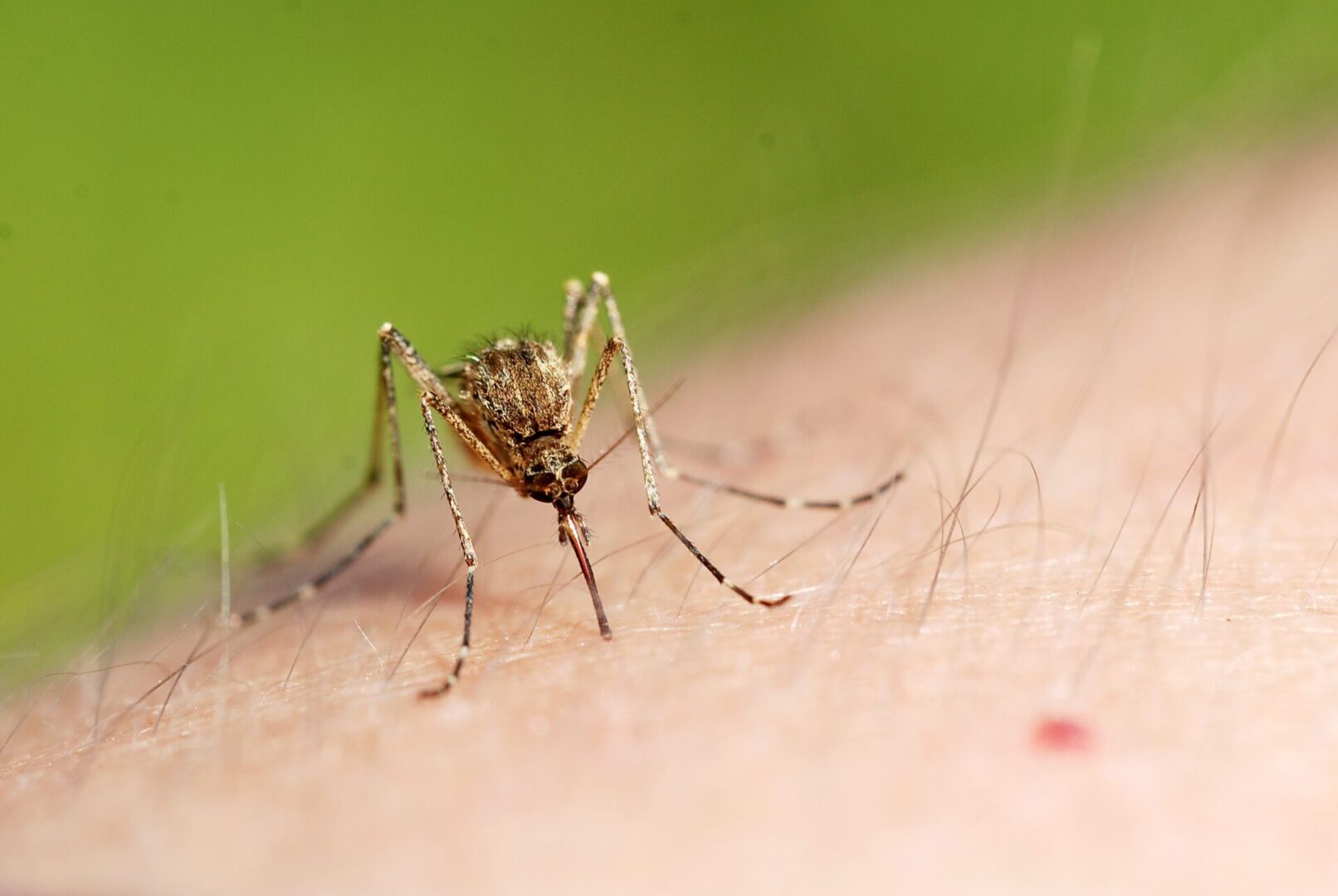The Florida Department of Health in Holmes County (DOH-Holmes) has confirmed two cases of Eastern equine encephalitis (EEE) in horses, raising concerns about the spread of this serious disease in the local area. In response, DOH-Holmes is working closely with Holmes County Mosquito Control to enhance surveillance and implement prevention measures.
EEE is a rare but severe viral infection transmitted to humans and animals through the bite of an infected mosquito. While only a few cases are reported annually in the United States, the disease is most common in eastern and Gulf Coast states. The virus circulates in the environment between mosquitoes and birds, typically found in freshwater hardwood swamps. Humans and some animals, such as horses and emus, can become infected when bitten by mosquitoes that feed on both birds and mammals.
The symptoms of EEE are severe and can include fever, headache, vomiting, diarrhea, seizures, behavioral changes, and drowsiness. Approximately 30% of people infected with EEE die, and many survivors experience long-term neurological problems. Currently, there are no vaccines or specific treatments available for EEE, making prevention the primary defense against the disease.
DOH-Holmes and Holmes County Mosquito Control are intensifying efforts to monitor mosquito activity and reduce the risk of transmission. Residents and visitors in areas where EEE virus activity has been identified are urged to take precautions to avoid mosquito bites. This is especially important for people over 50 and children under 15, who are at higher risk of developing severe disease.
Preventive measures include using EPA-approved insect repellents, wearing long-sleeved clothing and pants, ensuring window and door screens are intact, and eliminating standing water around homes to reduce mosquito breeding sites. By following these recommendations, individuals can significantly reduce their risk of infection.
The emergence of EEE in Holmes County serves as a reminder of the critical importance of public health vigilance and community cooperation. DOH-Holmes claims it will continue to work with local authorities and the community to monitor the situation and implement effective control measures.



